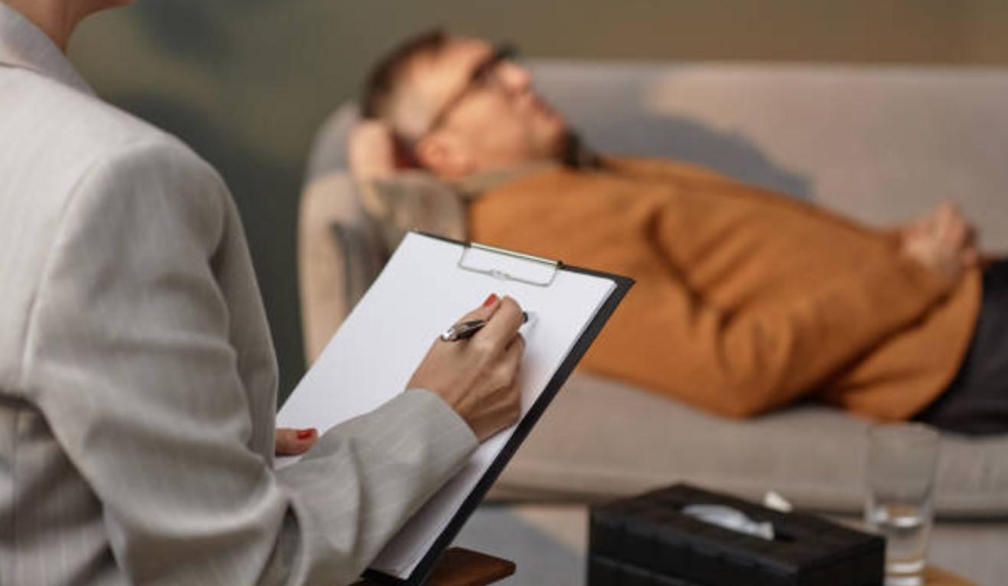Expert reveals: why sleep apnea is the most common sleep disorder affecting men

When it comes to the three pillars of health; diet, exercise and sleep, getting adequate shut-eye every night can often be the most neglected pillar, with 4 in 10 Australian adults reportedly not getting enough good-quality sleep (1). The causes of poor quality sleep can range from lifestyle factors (think technology) to stress and underlying health conditions.
Doctor-diagnosed sleep disorders occur in about 1 in 5 adults (22%), which includes a combination of Obstructive Sleep Apnea (OSA), restless leg syndrome, and insomnia (2).
A report by the Australian Institute of Health & Welfare revealed women are more likely to have insomnia while men are more likely to have Obstructive Sleep Apnea (3).
We spoke to Australian Surgeon Dr Paul Coceancig, who is a leader in offering prevention and cure for sleep apnea in adolescents and adults, to understand all about sleep apnea; why it is more prevalent in men, the effects and what your options are if you think you may be suffering from sleep apnea.
What is sleep apnea and what are the signs?
Sleep apnea is essentially a collapsing airway. When your body enters deep sleep, the airway muscles relax causing the tongue to collapse and obstruct the airway. Breathing can stop entirely from seconds to minutes up to 30 times an hour or more. The biggest signs that you may be suffering from sleep apnea include poor sleep, an inability to breathe during sleep, snoring, choking in deep sleep and daytime sleepiness.
Incidence of sleep apnea is higher in men
Whilst sleep disordered breathing occurs in both men and women, a muscular and/or fatty neck combination increases the incidence of Obstructive Sleep Apnea in men. These men have more fatty tissue in their throat that can block their airway. I like to use the analogy: if you increase the size of the donut (fat or muscle), the hole in the middle of the donut gets smaller (the airway).
How sleep apnea can affect men's health?
Sleep apnea can affect both your physical and mental health including loss of libido, impotence, depression and lack of drive at work and at home. The persistent lack of quality sleep can also impact your overall mental and physical well being along with your appearance, as your body is unable to properly repair and restore overnight.
What treatments are available for sleep apnea?
A number of therapies are available to open the airway, including:
- CPAP Machines: we can support the collapsing airway through a CPAP machine, which acts like a bicycle pump.
- Jaw splint: a jaw reposition splint holds your jaw forward.
- ENT surgery: increases the size of the airway pipe by removing tonsils and adenoids.
- Jaw surgery: to avoid ENT surgery or a lifetime of CPAP machines and jaw splints, the best way to permanently tent open the airway is to increase the size of your jaw through jaw surgery.
Dr Coceancig encourages that if you think you may be struggling with sleep issues and sleep apnea to see a healthcare professional or specialist. Head on over to his website for more information: www.drpaulcoceancig.com.au
References:(1) https://www.healthdirect.gov.au/sleep
(2) Deloitte Access Economics 2017. Asleep on the Job: Costs of Inadequate Sleep in Australia. Blacktown: Sleep Health Foundation.





